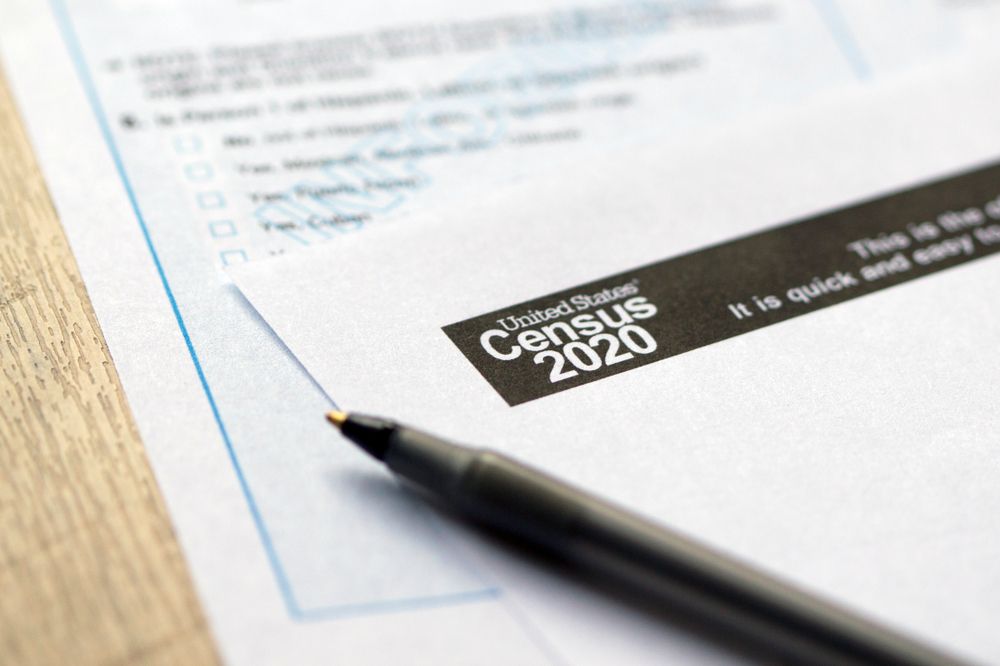The coronavirus pandemic will delay collection of data from the 2020 U.S. census now underway, the Trump administration announced yesterday. But unlike the bitterly partisan fights that have followed previous decisions by the White House affecting preparations for the decennial census, including its failed attempt to add a citizenship question, social scientists and civil rights groups say this time the administration has made the right call.
“We support the decision and urge Congress to act in concert with it,” declared four former Census Bureau directors, including the two men who served during the Obama administration, in a letter released today.
Data developed by the census are used for a wide array of purposes, including distributing federal funds and, as required by the Constitution, determining how many seats each state gets in the House of Representatives. Typically, that data would have been released by the end of this year. But yesterday, the administration requested that Congress give the Census Bureau a 4-month extension, until 30 April 2021, to deliver the apportionment data to President Donald Trump. Similarly, the administration wants another 4 months, until 31 July 2021, to tell each state how many seats it will hold in the 435-member House.
The pandemic has forced the Census Bureau to delay sending out enumerators to track down anyone who hasn’t already completed the 10-question census form that became available last month. It expects those field operations to continue until the end of October, which makes it impossible to meet the current statutory deadlines. But the former directors say they have complete confidence in the agency’s ability to get the job done.
“The genius of the census has always been finding a Plan B when conditions rule out Plan A,” they write. “For 2020, Plan B includes a schedule adjustment.”
At the same time, the former directors remind every resident of the importance of filling out the questionnaire, which for the first time can be done online as well as on paper and with a phone call. “The best way to support the Census Bureau and our democracy in these difficult times is to be certain you have responded to the 2020 Census,” they add.
Continued flexibility will be the key to a successful census, says a coalition of human rights groups that have long worried that the Trump administration’s approach to conducting the constitutionally mandated exercise will lead to a significant undercount. And that means finding creative ways to contact those who have not responded while protecting the health of fieldworkers.
“We support the Census Bureau’s updated timeline and our advocates will be ready to re-enter the field to bolster the bureau’s outreach to households that have yet to respond,” says Vanita Gupta, president and CEO of the Leadership Conference on Civil and Human Rights and the Leadership Conference Education Fund. “However, if it’s not safe to have census takers visiting people’s homes by June, then Congress has an obligation to consider other options to protect census workers and the communities they serve, and to ensure an equitable count.”
Congress must approve the revised schedule, and a leading critic of the administration’s policies on the 2020 census offered a note of caution yesterday about the proposed delay.
Representative Carolyn Maloney (D–NY), who leads the House oversight and reform committee that has jurisdiction over the Census Bureau, complained that the White House has thwarted her attempts to hear from Director Steven Dillingham about how the agency is coping with the pandemic. “If the Administration is trying to avoid the perception of politicizing the Census, preventing the Census Director from briefing the Committee and then excluding him from a call organized by the White House are not encouraging moves,” she said yesterday in a statement.
